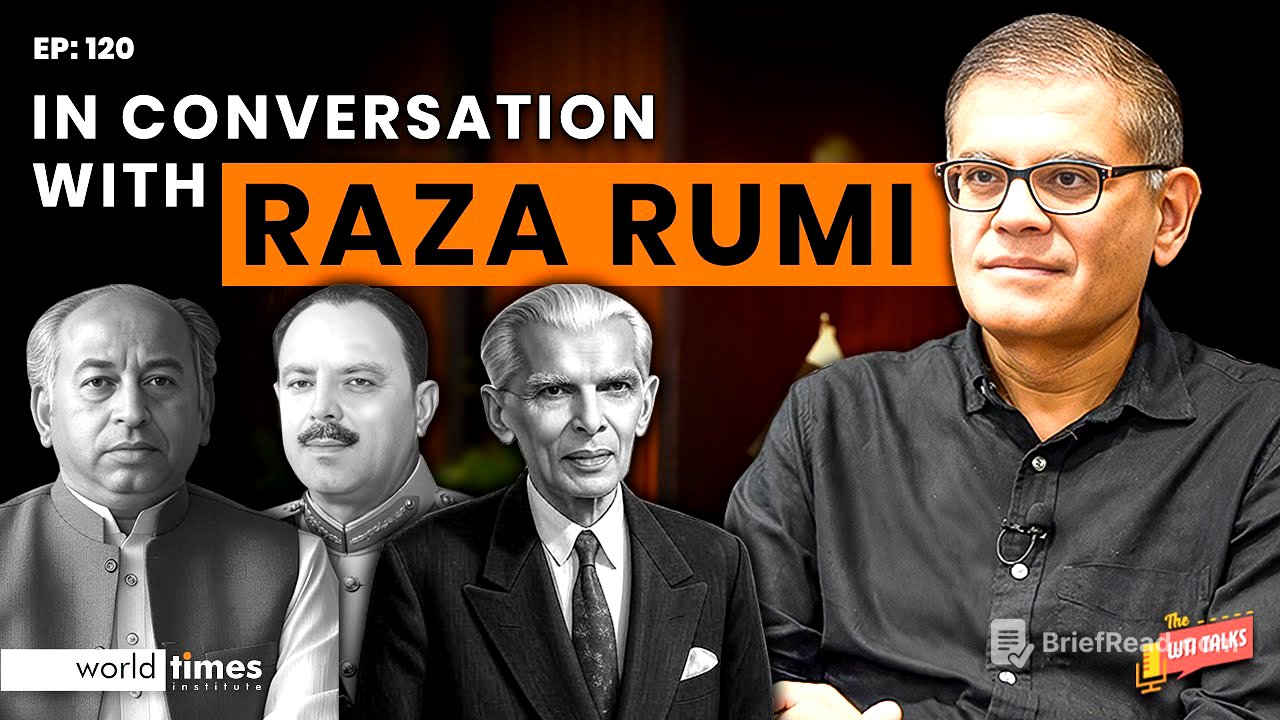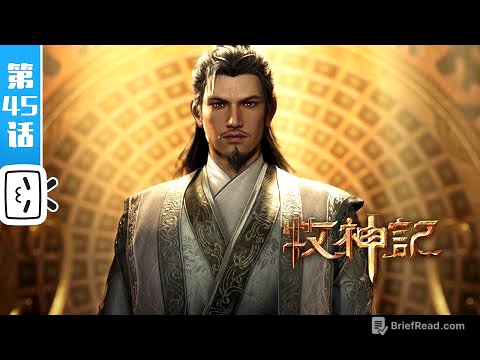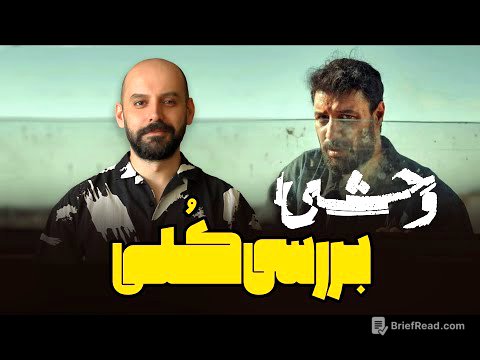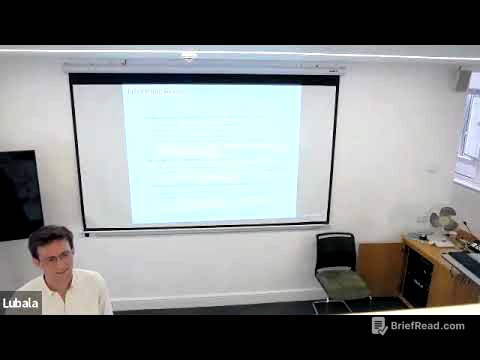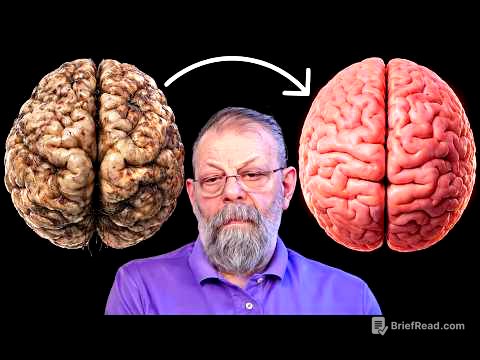TLDR;
This YouTube video features a discussion on the history of Pakistan, its identity as a security state, the role of secularism and religion, the influence of colonial legacy, and the need for civil service reforms. The conversation explores the diverging pathways of Pakistan and India, the cycles of democracy and authoritarianism, and the importance of understanding history to avoid repeating past mistakes. The guest emphasizes the need for a human security state, a uniform legal structure, and a focus on education and public aspirations.
- Pakistan's identity crisis and its formation as a security state.
- The debate between secularism and religious identity in Pakistan.
- The impact of colonial legacy on the country's institutions and mindset.
- The need for civil service reforms to improve efficiency, accountability, and public service delivery.
Introduction [0:00]
Syed Yasir Shah introduces Syed Osama Razvi, an energy economic analyst, and the esteemed guest, Sir Raza Rami, a distinguished lecturer at City University of New York, faculty member at Cornell, editor at Friday Times, founder of Naya Daur, renowned journalist, and historian of Pakistan. The discussion begins with an overview of Pakistan's history and its identity as a security state.
Pakistan as a Security State [3:18]
Raza Rami clarifies that he is a history teacher, not a historian. He addresses the question of whether Pakistan was destined to be a security state. He explains that insecurity existed in the foundation of Pakistan due to threats from India, which was perceived as not wanting Pakistan to survive. The identity of Pakistan was created in opposition to India, leading to a focus on penal insecurity. He argues that Pakistan needs to shift towards becoming a human security state, prioritizing its people and their goals.
Secularism vs. Religious State [7:28]
The discussion shifts to whether Pakistan was intended to be a secular or religious state. Raza Rami asserts that Quaid-e-Azam Mohammad Ali Jinnah repeatedly stated that Pakistan would not be a theocratic state. Jinnah used religious identity to create Pakistan but did not intend to establish a state like Iran or Saudi Arabia. The founding fathers were modern Muslims who sought political, social, and cultural rights for Muslims. On August 11, 1947, Jinnah presented a blueprint for a state where religious identity would not matter, and all citizens would be equal. The concept of secularism was misinterpreted, leading to the belief that it is against religion. The bureaucracy of the time played a significant role in connecting East and West Pakistan through Islam, but this led to discrimination against non-Muslims and a non-uniform legal structure.
Diverging Pathways of India and Pakistan [13:49]
The conversation explores why India and Pakistan went on different pathways. Quaid-e-Azam's early death left a vacuum filled by the bureaucracy of British India. In India, politicians provided policy and direction, with Nehru remaining Prime Minister until the 1960s, establishing an industrial base and resolving provincial matters. Pakistan's constitution-making was delayed, with the first law made in 1956. Bureaucracy and the CSS became popular due to the absence of a strong political organization. Ayub Khan's era saw generals rising in power. The lack of public representation in policy-making and the emphasis on education in India also contributed to the diverging paths.
Colonial Legacy [20:32]
The discussion examines the role of colonial legacy in shaping the future of Pakistan and India. In Pakistan, the colonial mindset of control and rule persisted through ICS officers who became CSP officers. The police system, based on the Police Order 1861, is used to control people rather than ensure their safety. The civil service, despite some reforms, retains its basic infrastructure from the colonial era. Bureaucracy is seen as an impediment to economic take-off due to red tape and corruption. Mental decolonization is a pending project in both India and Pakistan. The definition of Hindu and Muslim, created during the British census in 1861, has led to problems, including the rise of Hindutva in India.
Civil-Military Relations and Democratic Transition [26:28]
The conversation addresses the oscillation between democracy and authoritarianism in Pakistan's history. The aspirations of the people are democratic, but the system is authoritarian. There is a cycle of broken democracy, martial law, and hybrid models. After 2008, there was a democratic transition and hope for increased civilian space, but the hybrid model was implemented again in 2018, with a charismatic leader backed by the army. This cycle is expected to continue until around 2028, after which there may be another opportunity for democratic opening.
Learning from History [34:06]
The importance of learning from history is emphasized. Pakistan was created in a hurry and was insufficiently imagined. The Lahore Resolution of 1940 led to the idea of Pakistan, but the Muslim League did not initially have the intention of creating a new country. The two-wing structure of Pakistan with enemy territory in between was unworkable. Today, Balochistan and Pashtuns face alienation due to unaddressed issues. The need for healing touch and functionality of the federation is highlighted. The debate between democracy and dictatorship continues, and the early years of Pakistan from 1947 to 1958 are crucial to study.
Civil Service Reforms [42:17]
The discussion shifts to civil service reforms. Recruitment is the biggest driver of efficiency and effective outcomes. The CSS exam should be changed to use more modern lines and focus on specialization. The structure of civil service should also be specialized, with cadres having specific expertise. Accountability is crucial, and there should be a system of independent accountability. Incentives are also important, with fair salaries and recognition for all civil servants, including lady health workers and teachers.
Understanding Pakistan's History [50:10]
The conversation concludes with how to understand Pakistan's history. Mandatory texts, such as KK Aziz's "Making of Pakistan," should be part of education. The reading culture needs to be promoted, and digital technology should be used to present ideas to the new generation. Proper education and facts should be provided online to counter ignorance and conspiracy theories.
